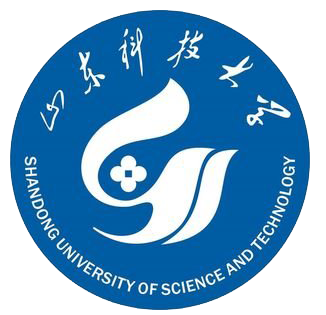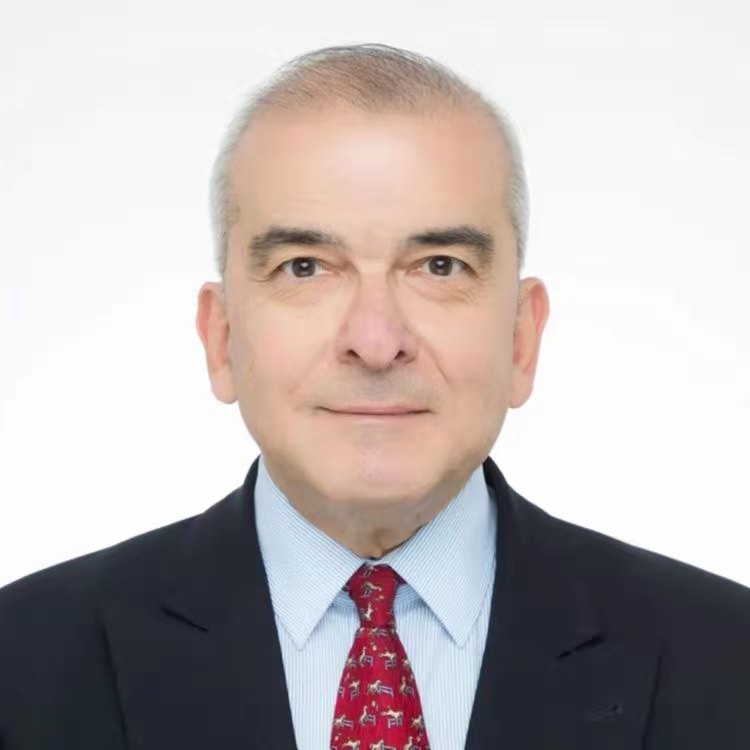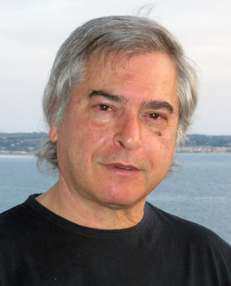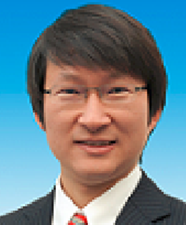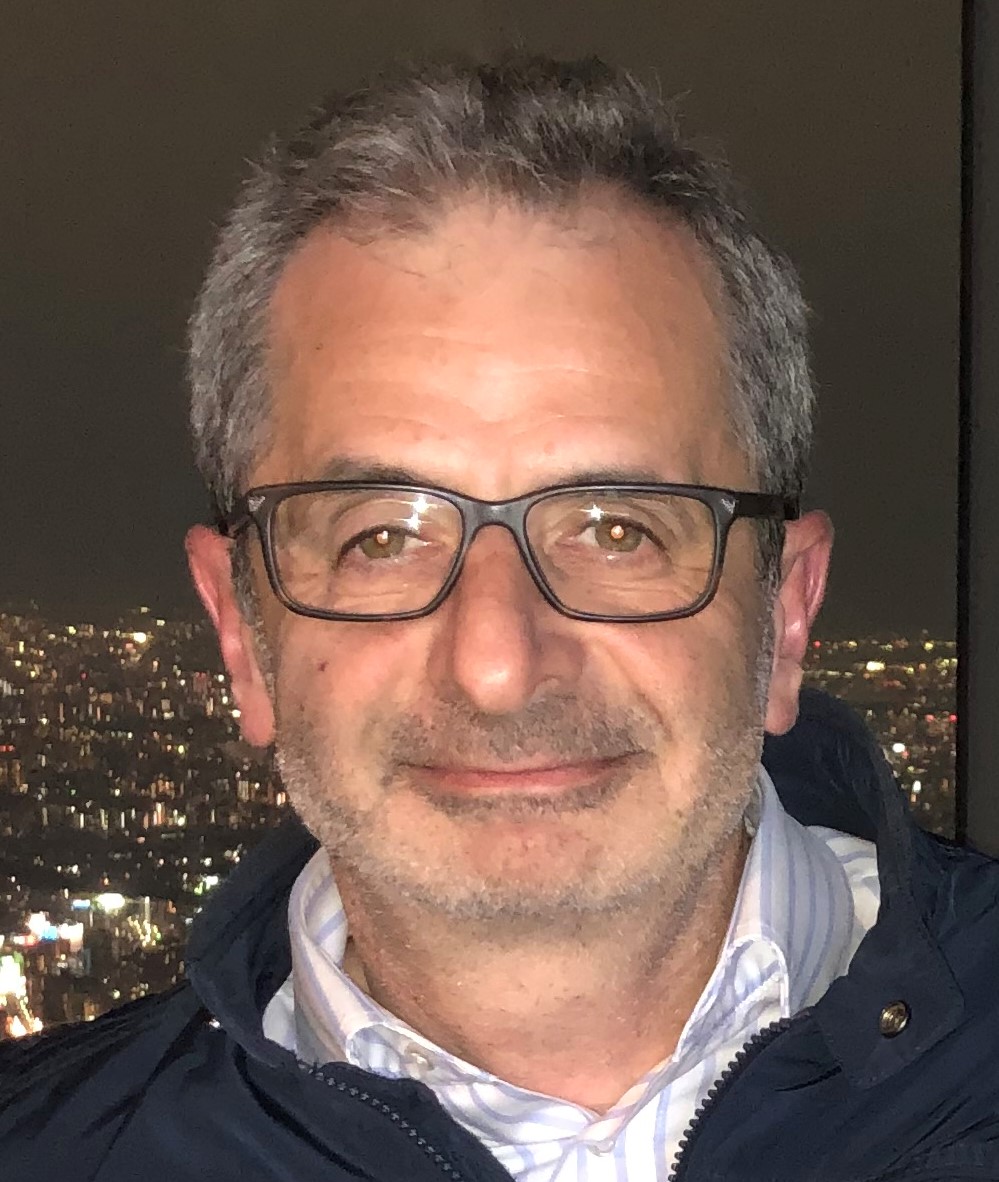Plenary Speakers
Prof. Dr. O. S. Ganiyusufoglu
Academician of the German National Academy of Science and Engineering,Industrial Development Consultant, Qingdao International Academician Park (QIAP), China
Speech Title: Today’s Intelligent Machines and Manufacturing - What is Next?
Abstract: In research and development as well as in industry the innovation cycles are getting shorter and shorter. Digitalization is accelerating this trend and changing our daily life. It also promotes the development of new products, new manufacturing methods and new business models.
Digitalization delivers also huge volume of data. Data is the source for powerful artificial intelligence AI. Utilizing artificial intelligence machines and processes will become intelligent. The entire efficiency and transparency in industry will increase. Digitalization and big data will enable academicians and industry to become more innovative and to create new ideas for machines and manufacturing.
The speaker will explain the development of technology in the history and the state of the art of current machines and manufacturing methods.
Based on his long international experience in industry and in academy, the speaker will present his ideas for future machine concepts and for manufacturing systems. He will also compare the technological power of western countries and China's. He will present his proposals how China and Germany could cooperate in future successfully.
A vision for a future manufacturing system which is intelligent, resilient and reconfigurable will conclude the speech.
Biography: Prof. Ganiyusufoglu is the academician of German National Academy of Science and Engineering (acatech), the Industrial Development Consultant of Qingdao International Academician Park, the advisory professor of Tongji University/ School of Mechanical Engineering (College of Mechanical Engineering Tongji University), Honorary Professor of Nanjing University of Aeronautics and Astronautics and the guest professor of CUEB – Capital University for Economy and Business.
In 2019, he was invited to join the celebrations for 70th Anniversary of Republic of China incl. Parade at Tian’anmen Square. In 2018, he got Friendship Award of Chinese Government received from Mr. Liu He – Vice Prime Minister China. In 2017, he received “Golden Pin” of VDI (German Engineers' Association) for 40 years membership. In 2014, he received Friendship Award of Liaoning Province of China (Highest Award of the province for a foreigner). In 2012, he got Rose Prize of the City of Shenyang/China. In 2008, he got Award of the City of Dalian/China.
He has served successively as the department manager for systems technology of Traub AG (Germany), the General Manager for Technics at Yamazaki Mazak GmbH (Japanese family-owned machine tool manufacturer), the Managing Director of Yamazaki Mazak GmbH, and the General Manager of Index Dalian Machine Tool Ltd (Joint venture between Index-Werke Esslingen and Dalian Machine Tool Group, Resident in Dalian).
From 2017 to 2019, he was elected as Chairman of Corporate Members Advisory Group CMAG within CIRP – International Academy for Production Engineering. Since 1977 till now, he is the member of VDI - German Engineers ’Association. From 2011 to 2020, Prof. Ganiyusufoglu was the Consultant to Chairman of Shenyang Machine Tool Group Co., Ltd (Resident in Shenyang).
Since 2021, he takes up the position of the Industrial Development Consultant of Qingdao International Academician Park (QIAP), which build an eco-system that not only delivers full service and support for those academicians and enterprises with unique and innovative ideas, inventions from the research work over production, marketing till commercialization and business success, also produce a huge potential for synergies by the divers disciplines in the Park and offer Big Data for future Artificial Intelligence developments.
Prof. Ganiyusufoglu contributes to industrial development of QIAP by establishing fruitful relations to renowned international Science and Engineer Technology research institutes and innovative companies, especially from Germany. Meanwhile, he devoted himself to forward his extensive global experience to young generation in Chinese industries and universities.
Prof. Elias C. Aifantis
Emeritus Professor of Mechanics at Aristotle University of Thessaloniki, GreeceSpeech Title: Revisiting Some Basic Concepts & Methods in Advanced Materials
Abstract: Some basic concepts and standard methods that have been used to build recent theories on advanced materials, are revisited by incorporating in the original formulations higher-order gradients, stochasticity and fractal/fractional considerations. Some representative examples are analyzed to show the potential of these ideas to model new phenomena and interpret experimental observations not described by classical theories.
Biography: Elias C. Aifantis is currently an Emeritus Professor of Mechanics at Aristotle University of Thessaloniki/Greece and Michigan Technological University/USA, as well as Mercator fellow at Friedrich-Alexander University/Germany and a Distinguished Professor at Beijing University of Civil Engineering and Architecture/China. Formerly, he has also been a Distinguished Faculty Advisor at King Abdulaziz University/Saudi Arabia, Distinguished Visiting Expert at ITMO University/Russia and Southwest Jiaotong University/China, as well as MegaGrant Director at Togliatti State University /Russia.
He has promoted highly interdisciplinary work in mechanics of materials by bringing into the field of solid mechanics ideas from diffusion theory, chemical reactions, and nonlinear physics. He has coined the terms dislocation patterning, material instabilities, gradient plasticity/elasticity, chemo/nanomechanics, and pioneered internal length gradient (ILG) theories in these fields. Currently, he is extending the ILG framework to revisit electromagnetism and Maxwell’s equations, as well as gravitation and Newton’s Law.
He has published over 339 articles and received about 12,778 citations with 55 h-index (Scopus); 11,963 citations with 54 h-index (Web of Science); 19,750 citations with 69 h-index (Google Scholar). He is included in the ISI Web of knowledge list of the world’s most highly cited authors in engineering.
Prof. Jian Xiong
Center for Composite Materials and Structures, School of Astronautics, Harbin Institute of Technology, ChinaSpeech Title: Design and Mechanical Behaviors of Carbon Fiber Composite Honeycomb Sandwich Structure
Abstract: The design objectives of spacecraft probe structure are to reduce the structure weight, improve the loading efficiency and ensure the profile accuracy. The satellite circularly enters the shadow area and the light area, where surface temperatures are between -180℃ and 120℃. It causes serious thermal deformation of the satellite antenna reflector, thus reducing the satellite detection ability. Carbon fiber composite honeycomb structure has the advantages of light weight, high specific stiffness, high specific strength and low thermal expansion coefficient. It has important applications in advanced spacecraft components such as satellite antenna reflector, space telescope and high precision optical support platform. This presentation introduces advanced progress made by our research group in the field of carbon fiber composite honeycomb structure technology, including: (1) Manufacturing technology of carbon fiber reinforced composite honeycomb; (2) Mechanical characteristics and evaluation of carbon fiber reinforced composite honeycomb sandwich structure under typical loadings; (3) Structural design, debonding characteristics and strengthening mechanics of interface-reinforced composite honeycomb structure; (4) Flexible design and mechanical characteristics of composite honeycomb structure.
Biography: Prof. Jian Xiong obtained his Ph.D. degree from the Center for Composite Materials and Structures, School of Astronautics, Harbin Institute of Technology in 2012. He is currently a full professor and doctoral supervisor in the Center for Composite Materials and Structures, School of Astronautics, Harbin Institute of Technology. He has been a visiting scholar at Rice University School of Engineering, USA, Department of Textiles and Weaving, Hong Kong Polytechnic University, Department of Mechanical and Industrial Engineering, Siegen University, Germany, and Northeastern University, School of Engineering, USA. He is also a Humboldt Fellow at the Department of Mechanical and Industrial Engineering at Siegen University, Germany. He currently serves as a Young Editorial Board member of Journal of Nanjing University of Aeronautics and Astronautics, Journal of Harbin Engineering University, Journal of Applied Mechanics, Journal of Solid Mechanics, etc.
He has been engaged in the research of design theory and mechanical mechanism of advanced lightweight composite structures, and has published more than 90 research papers in international academic journals, including Journal of the Mechanics and Physics of Solids, Advanced Materials, Acta Materialia, Composites Science and Technology, etc. He has granted more than 10 national invention patents and published one academic monograph. He was selected for Ministry of Education High-level Talent Program “Young Scholar”, Humboldt Research Fellow from AVH and Stanley Ho (SHATF) Teaching Award. He won the 15th Heilongjiang Province Youth Science and Technology Award, first prize and the second prize of Natural Science and Technology in Heilongjiang Province.
Prof. Mikhail Itskov
Department of Continuum Mechanics, RWTH Aachen University, GermanySpeech Title: Mechanics and Thermodynamics of Strain-Induced Crystallization
Abstract: Strain-induced crystallization is a very interesting and important phenomenon appearing in elastomers as for example natural rubbers subjected to large stretches. In this case, polymer molecules come very close to each other and begin to form crystallites oriented mostly in the direction of stretch. These crystallites can retard or even stop crack propagation in highly loaded elastomeric structures as for instance truck tires and thus improve their durability and lifetime. So far, the strain-induced crystallization has mostly been investigated by using X-ray diffraction, which is a very expensive and hardly accessible procedure for a classical mechanical lab. Moreover, the X-ray diffraction is not able to measure calorimetric effects always accompanying the strain-induced crystallization. These effects results from the phase transition during crystallite nucleation, growth and melting. In this regard, the infrared thermography combined with mechanical measurements appears to be very suitable. Indeed, by means of such a procedure the heat production and absorption as well as the crystallization degree during cyclic loading can be detected and characterized in natural rubbers. Based on the energy balance the intrinsic dissipation due to viscosity and stress softening can thus be evaluated under cyclic loading. Energy contributions to the hysteresis loop converted into heat and stored in the material can further be separated. In the present contribution, we also present a physically based constitutive model for filled natural rubbers coupled with infrared thermography based calorimetry to study the strain-induced crystallization. The kinetics of phase transition outside thermodynamic equilibrium is also discussed and underlying mechanisms of nonequilibrium strain-induced crystallization are interpreted. To capture multiaxiality of strain-induced crystallinity, we apply the analytical network-averaging concept proposed in our earlier papers. Predictions of the so-developed model of the strain-induced crystallization demonstrate good agreement with various experimental data.
Keywords: Strain-induced crystallization, calorimetric effects, physically based modeling, natural rubbers.
Biography: Prof. Itskov got his Diploma Degree in Automobile Engineering at the Moscow State Automobile and Road Technical University (TU MADI) in 1987. He got his Doctor Degree in Mechanics at this Technical University in 1990. He came to Germany as a fellow of the German Academic Exchange Service (DAAD) in 1995 and worked later as a research assistant at the Ruhr-University of Bochum and then at the University of Bayreuth. In 2002, he got there his Habilitation degree in Mechanics. Since 2004, he is a full professor of continuum mechanics at the faculty of Mechanical Engineering of the RWTH Aachen University. Prof. Itskov is the author of the book “Tensor Algebra and Tensor Analysis for Engineers” whose 5th edition appeared recently and of many publications in international peer-reviewed journals. The research interests of Prof. Itskov are mechanics of soft materials like rubbers, aerogels, hydrogels, soft biological tissues and modelling of anisotropic material under large strains.
